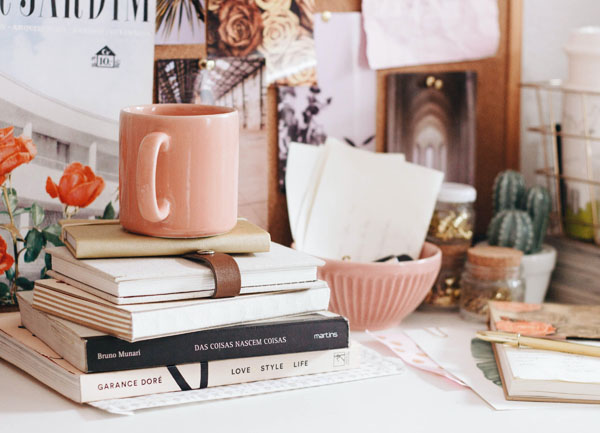As someone who has struggled with anxiety and stress for years, I can attest to the transformative power of meditation. It has become an essential part of my daily routine, helping me to find calm and clarity amidst the chaos of everyday life. If you’re curious about meditation but don’t know where to start, this beginner’s guide is for you.
What is meditation?
At its core, meditation is a practice of mindfulness and self-awareness. It involves intentionally focusing your attention on the present moment, without judgment or distraction. There are many different types of meditation, but most involve some combination of breathwork, visualization, or mantra repetition.
Why meditate?
The benefits of meditation are numerous and well-documented. Regular practice has been shown to reduce stress, anxiety, and depression, improve focus and concentration, and even boost the immune system. It can also help cultivate a sense of inner peace and contentment, leading to greater overall happiness and wellbeing.
How to get started
If you’re new to meditation, it can be helpful to start with a guided practice. There are countless apps and websites that offer free guided meditations, ranging from just a few minutes to an hour or more. Some popular options include Headspace, Calm, and Insight Timer.
To begin, find a quiet place where you won’t be disturbed. Sit comfortably with your back straight, either on the floor or in a chair. Close your eyes and take a few deep breaths, allowing your body to relax.
If you’re using a guided meditation, simply follow along with the instructions. If you prefer to meditate on your own, try focusing on your breath. Notice the sensation of air moving in and out of your nostrils, and try to keep your attention on this sensation.
It’s normal for your mind to wander during meditation. When you notice your thoughts drifting, simply acknowledge them without judgment and gently bring your attention back to your breath.
Tips for success
– Start small: It’s better to meditate for just a few minutes a day consistently than to try to do a longer practice sporadically.
– Be patient: Meditation is a skill that takes time to develop. Don’t expect to see immediate results, but trust that with regular practice, you will begin to notice positive changes.
– Be consistent: Try to meditate at the same time and place each day, to help establish a routine.
– Don’t judge yourself: It’s common to feel like you’re “doing it wrong” or that your mind is too busy to meditate. Remember that there’s no right or wrong way to meditate, and that the practice is about cultivating self-awareness and acceptance.
In conclusion
Meditation is a powerful tool for cultivating inner peace and wellbeing. With a little bit of practice and patience, anyone can learn to meditate. Whether you’re looking to reduce stress, improve focus, or simply find a moment of calm in your day, give meditation a try and see how it can transform your life.




